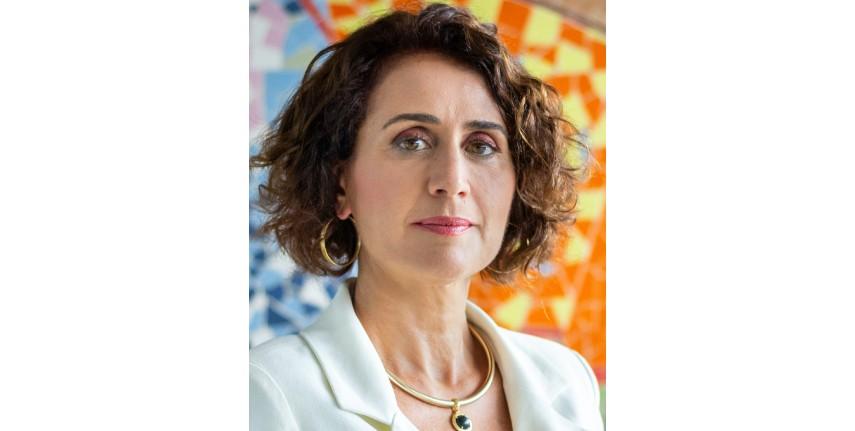
Submitted by K.L. Hlaba on Fri, 12/03/2021 - 12:20
To celebrate International Women's Day, and to honour the work that women in academia do to help make our world more food secure, we are profiling some of the brilliant female academics who work at/with the University of Cambridge. Legal scholar Professor Cristiane Derani believes in using the power of the law to make our world a more equitable place for both humans and and the natural world to inhabit.
I studied law because I always thought that justice could restore the human - nature relationship, and stop environmental degradation. Brazil was undergoing massive deforestation; its water, air and soil were being polluted; indigenous peoples were being killed; small farmers were being displaced; and large plantations were increasing. I couldn't accept this reality, and thus I dedicated myself to studying anthropology, ecology and economics. I was convinced that my professional life had to integrate everything, and had to speak to, motivate, and persuade people worldwide. Thus I studied international, economic and environmental law. I also couldn't imagine my studies without the support of the women in my family. Coming from a Lebanese family of immigrants, the older women in my family encouraged my studies and career so that I could speak on their behalf. I studied law in Brazil and I have a PhD (1996) in Environmental and Economic Law, from my studies in Frankfurt, Germany. My first postdoctoral position was in Paris at the Ecole des Hautes Etudes en Sciences Sociales, where I could work with an interdisciplinary team. For the first time there, social science was integrating law in multidisciplinary work, realizing that law is an essential instrument of change.
I practised environmental advocacy, working with lawmakers and policymakers, but my favourite place is the university. The world of lawyers was pretty much for men, but it has never scared me. I was used to fighting for the right to speak and to be heard. As a young professor, I was the first woman in my department. It was said that economic law was not a female business. It was obvious to me that economic theories had to integrate environmental law. I have taught in Spain, France, Australia, Portugal, and Germany, and came to Cambridge in 2016 as a Fellow of the Centre for Environment, Energy and Natural Resources Governance. Now I am based in Brazil, where I am the vice-rector of Graduate Studies of Universidade Federal de Santa Catarina. My current research focuses on biodiversity loss, climate change, food sovereignty, and the role of international trade.
My work is important to food security because we need new patterns of production and consumption. Law and policy are the main drivers of this collective change. My research aims to clear the path and offer alternatives to better living and healthier eating in a more equitable and fairer world.
Our global society is the result of male strength, and we need feminine energy to balance our world. The feminine sensibility in research and innovation may provide new solutions to reconnect us to our mother earth. Therefore, it is crucial to have the equitable participation of women in science and academia. Like air, food is our vital daily connection with nature. Food security means balancing this relationship, caring for both ourselves and the natural world. A globalized food chain has to be adapted to this evidence and drive food production based on nature conservation and human health. COVID-19 is probably a result of human mistreatment of the environment. To ensure humanity's survival, we need to change our economic thinking to put nature first.
Image: Professor Cristiane Derani. Image supplied by Cristiane.

